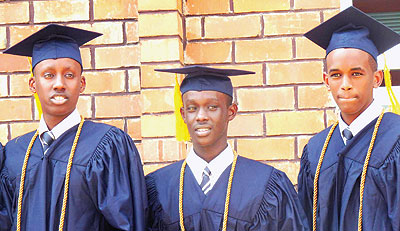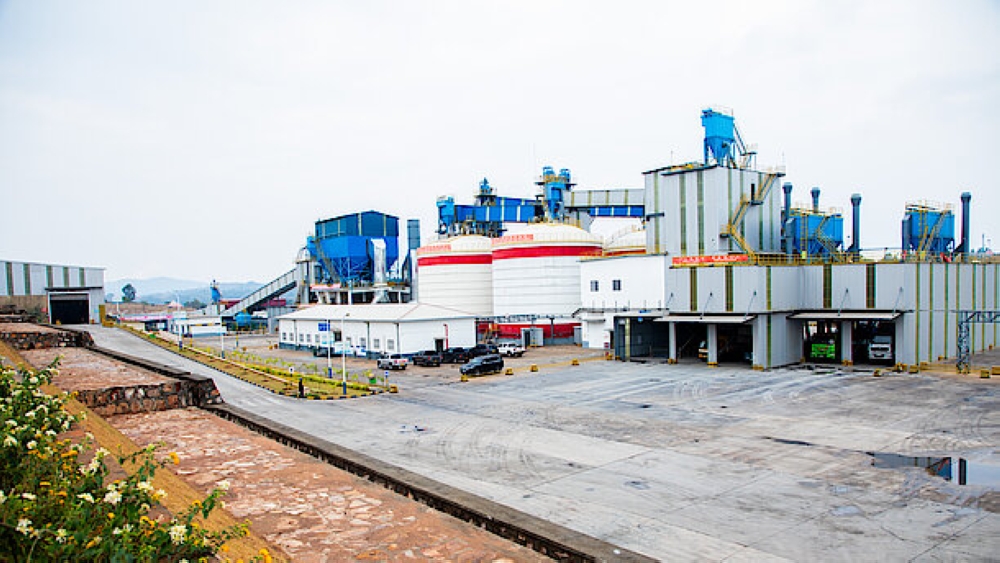Men and women in sharp suits continue to flock the offices of the National Council for Higher Education to seek accreditation for new universities. Just the other day the University of Kigali opened its doors in an area that already has two other universities in close proximity.


Men and women in sharp suits continue to flock the offices of the National Council for Higher Education to seek accreditation for new universities. Just the other day the University of Kigali opened its doors in an area that already has two other universities in close proximity. When Carnegie Mellon University decided to establish itself here at a time when most American universities were flocking to Asia many saw it as a suicidal move. But according many observers of education trends, Africa is the next academic frontier. All this time something phenomenal was happening in Africa. Access to education has been spreading so fast with enrolment figures shooting through the roof in the last 15 or so years. Another key statistic that education observers will point at is the fact that most African countries have a youthful population. In many of these countries, majority of the population is below 15. What this means is that there is a huge number of people who in a few years time will be due for university education. The current vacancies for university education are simply not enough to cater for the surging numbers flocking out of high school annually. This is why it is common to read headlines on how thousands miss out on university education each academic year simply because there are not enough places in the available universities. Education entrepreneurs and other long established universities have therefore started flocking to this part of the world while others have set up campuses in different parts of the same country so as to meet the demand for higher education. Anyone setting up a university is assured of getting more than enough applications from students hungry for a university education. This trend is also fueled by what is known as the diploma disease in education circles. Almost everyone who has acquired some kind of formal education will yearn to go all the way until they have some form of certification that they can present when searching for a job. This has of course come at the expensive of skills acquisition but it is a situation that education investors are not to be bothered with. The current political stability that Rwanda has had since July 1994 coupled with the government’s commitment to boosting education and access to education means that the number of Rwandans seeking a university education can only continue to rise. There only challenge right now is that many of the universities that are coming up are all concentrating in Kigali something that is likely to put pressure on universities based outside the city as students are more likely to prefer studying in the city where they believe other opportunities and facilities can be found.






